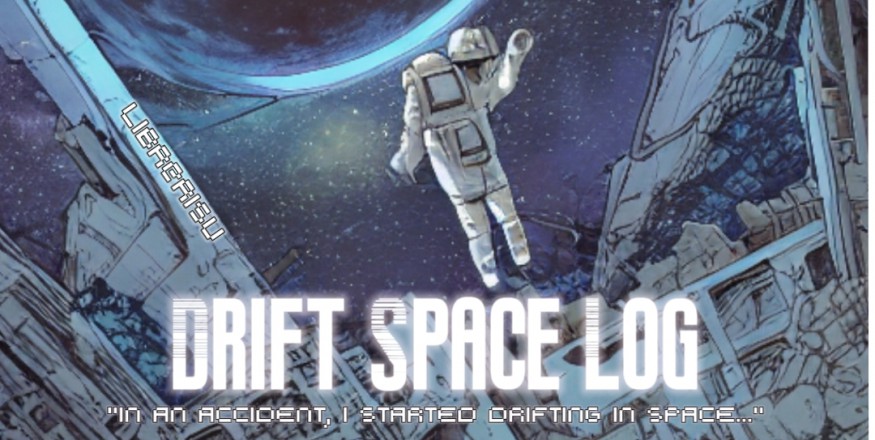The long tables on both sides of the hall were laden with sumptuous delicacies.
I didn’t know who had prepared them.
I had seen these fruits, vegetables, meats, desserts, and pastries many times in films from the old world.
But this kind of banquet setup—this was the first time I’d seen it in reality.
The people welcoming me said I could eat freely.
The rich aromas filling the room made me swallow hard, unable to resist.
I was starving, but faced with so much food, I didn’t know where to begin.
Because the food I had eaten before was nothing like this.
I’m just an ordinary person—not some puritan who avoids meat—but we rarely ever got to eat real meat.
Even fresh fruits and vegetables were a rare luxury.
Most of what I ate was "synthetic canned food," "meat analogue," "dietary fibre," "concentrated nutrient preservatives," "compressed dry food," "frozen instant food," and "purified water that had undergone multiple filtration."
As for the safety of such foods and their impact on human health—it wasn’t that I didn’t care, but survival mattered more than living well or indulgence.
Despite controversies, questionable artificial meats and genetically modified foods had never truly disappeared.
Especially with the world’s political chaos and nature’s retaliation.
Clean water and food had become the most precious resources for survival.
Competition over these resources had even sparked wars.
For ordinary people like us—the most average among the masses—being able to secure three meals a day and a place to sleep in such turbulent times was already a stroke of luck.
ns216.73.216.79da2

































